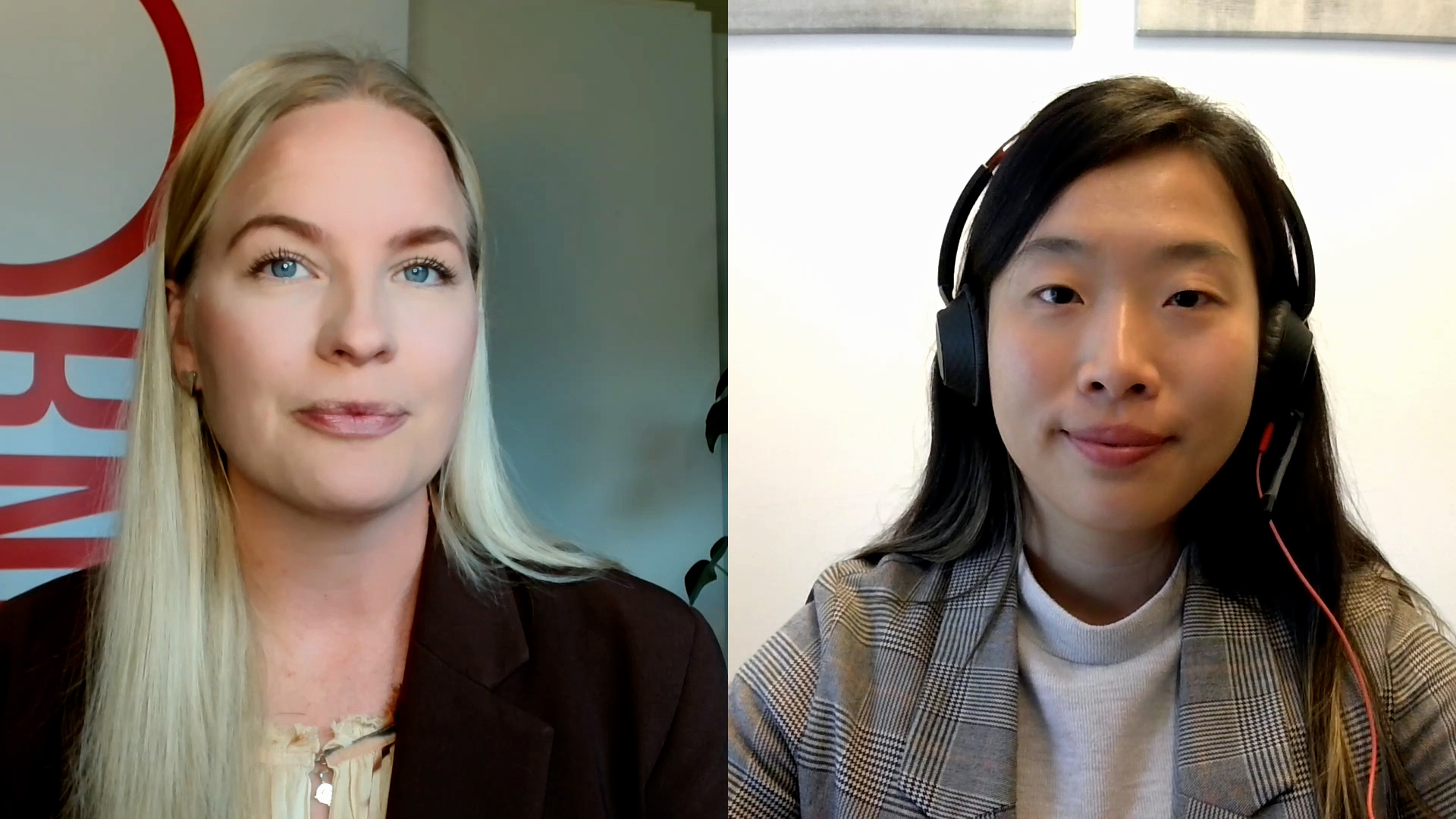Sara Silano: Some industries like asset management and technology sector have had a wave of layoffs recently. Today I'm joined by Petra Daroczi, ESG analyst and portfolio manager at Comgest, to discuss how the layoffs impact on the ESG profile of the companies.
Welcome, Petra. Do layoffs in many industries threaten the progress made so far on the social dimensions of ESG?
Petra Daroczi: Yes, thank you very much for this question. Indeed, layoffs have made the headlines, especially in, for example, the technology sector in which we are investors. My short and quick answer is no. This recent wave of layoffs do not, we believe, threaten the progress made so far on the social dimension. And there are two key reasons for that. Number one is that if you are a people business and if it's part of your culture and DNA that you appreciate human capital as your greatest assets, then it doesn't matter what economic conditions you find yourself in, you will not fiddle with your social CapEx and you will want to invest in your people. And the second reason is that layoffs are definitely not positive, but the question is not whether layoffs are good or bad. The real question is how it is done. And for some businesses, actually, it's incredibly beneficial when they right-size, they make themselves leaner and they make themselves sort of more flexible and agile to seize opportunities as soon as they come back.
Silano: In the analysis of the company, you examine human CapEx. Could you explain how you measure it and what results you get?
Daroczi: Yes. So, basically when we were trying to figure out how to analyze basically how the companies investing in their human capital, it is an incredibly difficult exercise because while capital expenditure, your investment in your properties and equipment and machinery that is shown on your financial statements and the cash flow statement and the P&L, but what do you do about human CapEx? I mean, it's nicely, sometimes disclosed in ESG reports with lots of pictures, but it's not very tangible. So, we wanted to come up with a methodology that allows us to analyze whether human CapEx is really an important asset and also whether it's a competitive advantage for a company. So, we have come up with KPIs that revolve around fair and equal pay and that's about minimum wages and living wages and paying an adequate financial benefit to your employees. It's all about non-financial benefits like providing health and well-being packages, pensions, employee share schemes, investment in training your employees so they can excel at their job and be promoted internally. So that's all about internal education, skills development. Whether there is a board-level responsibility for workforce engagement, what is the internal promotion rate, the voluntary turnover rate, is there a chief human resources officer who understands the industry and so on.
Silano: Yes. Could you do some examples of companies with a high human CapEx?
Daroczi: Yes, absolutely. One of our long-term investments is Costco (COST), which is a US retailer and Costco has really made the human capital core of their corporate culture. While to some extent their percentage of cost for paying employees is higher than their competitors, eventually Costco's retention of its employees and therefore its customer service far outpaces its competitors. And why is that? It's because Costco, historically for many years, has always constantly raised the minimum wage paid above the federal minimum requirement, paid above the competitor's minimum wage, it pays a higher average hourly wage and so on. So, while, yes, it is a bit more expensive for them to pay their employees, eventually it pays off because, again, employees stay with the company for longer and also provide a better customer service because they are happier at the end of the day.
Another example that I really love to bring to people is the airline industry, a Hungarian airline, low-cost airline called Wizz Air (WIZZ). Wizz Air very much sees itself as a disruptor in a very difficult industry, well, very difficult, very competitive industry and one of the key differentiators against their competitor is that they have managed to keep a very good relationship with their employees. The labor force doesn't see the need for unionization and that is because Wizz Air has a very good fair pay, monetary incentives, it has a workforce engagement director who regularly meets with the employees to make sure that there is a strong employee-centric culture that stimulates all the way from the top.
Silano: Petra, thank you for coming here today. For Morningstar, I'm Sara Silano.









:quality(80)/cloudfront-us-east-1.images.arcpublishing.com/morningstar/Q7DQFQYMEZD7HIR6KC5R42XEDI.png)





















